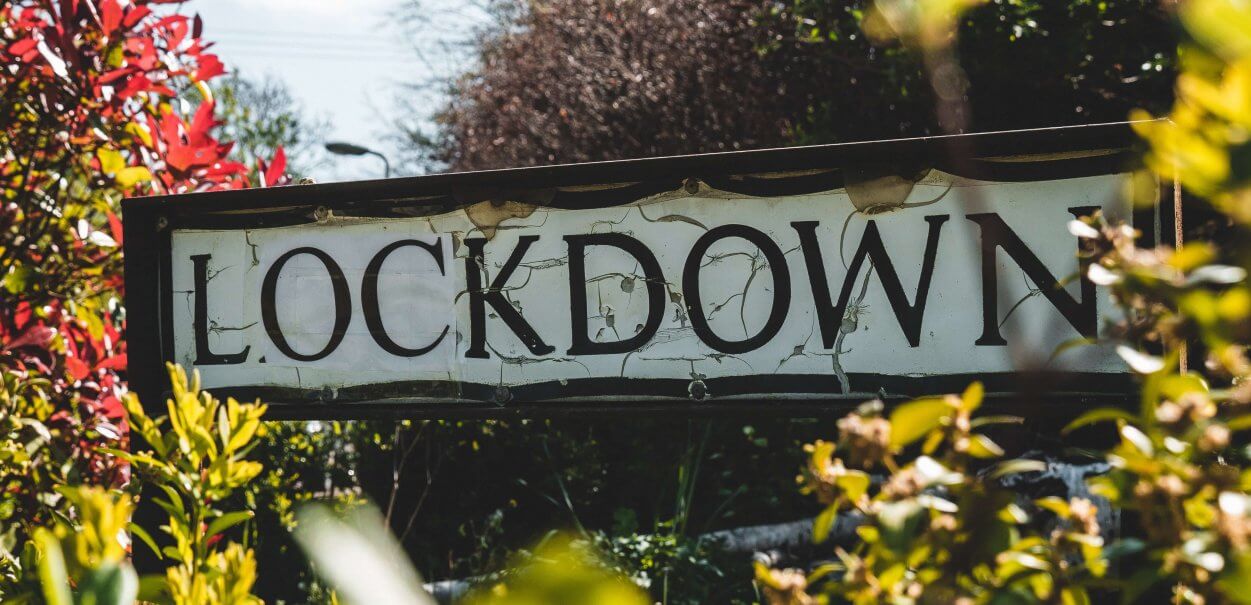
4 Min Read
Apr 21 2020
The University of Birmingham Industrial Professorial Fellow Professor Barry Drust joined ASD members to discuss strategies for reflection, leadership and performance management during the coronavirus lockdown.
Barry has published widely, in excess of 130 articles and consulted with, researched with and supported many clubs since the completion of his PhD and joining Middlesbrough Football Club in 1997.
He is also committed to developing people in performance and academia. Indeed, he has supervised 35 doctoral students towards the completion of their PhD, many of whom work in elite aspects of football and sport.
Presently, Barry is an active consultant in a number of elite professional football clubs and sports, alongside joining the ASDs operations committee to support members with research, performance and education.
On the 13th March, football authorities collectively agreed to postpone the professional game until the 3rd April. This was then extended to the 30th April and then extended indefinitely. At the time of the online seminar, we were one month into lockdown – the 14th April.
Whilst there was an initial space to react to the lockdown, this announcement no-doubt challenged the decision-making of many football leaders and practitioners. The conversation between Barry, and the ASD CEO Dan Parnell was inspired by two quotes by Victor Frankl, author of the book, ‘A man’s search for meaning’:
“Between stimulus and response there is a space. In that space is our power to choose our response. In our response lies our growth and our freedom.”
“When we are no longer able to change a situation, we are challenged to change ourselves.”
The conversation began by outlining the genuine challenges faced by clubs and the strategic decisions needed to strike the balance between survival and remaining competitive. Innovation, adaptation and the need to not only understand, but influence the external environment were discussed – drawing on research from companies strategies to navigate a recession (watch Ioannis Ioannou presentation here).
Barry discussed of the early reactions to the lockdown in football: “Most people’s first response was to deal with what they usually deal with, in a way in which they normally deal with them”.
The discussion highlighted that this response was: “More of a control response, rather than a strategy to address the issue. What is the problem? What do we need to do in a short, medium and long-term”.
As the weeks have progressed reflection and innovation have allowed clubs to introduce some unique strategies to function operationally. This included the need to consider monitoring and evaluation, use of technology, communication, connectivity and to see the opportunity:
“In football, we always talk about a lack of time and a need to prepare for games. This provides us with a real opportunity to do individual work, it could be with players, it could be with staff […] to enhance their strengths to a higher degree or working on their weaknesses – this is an opportunity.
“We have originally responded to a threat, rather than see this as an opportunity […] they could be better prepared for the demands of the industry when we come out of the other side.”
With respect to communication – a continual issue in football – the crisis has revealed the challenges for effective communication, but this time could be viewed as a critical moment to address communication and embed better, more improved practice for the return of football.
Overwhelmingly, the discussion highlighted the opportunity, for the Sporting Director as a facilitator and connector to attend to the needs of the organisation.
As we adapt the challenges of the environment, this is the perfect opportunity to do the things that may have been neglected in typical day-to-day.
The full conversation is available to ASD members. We are thankful to Professor Barry Drust for his time, alongside his personal and professional reflections and insight on strategy and practice in response to the COVID-19 crisis.